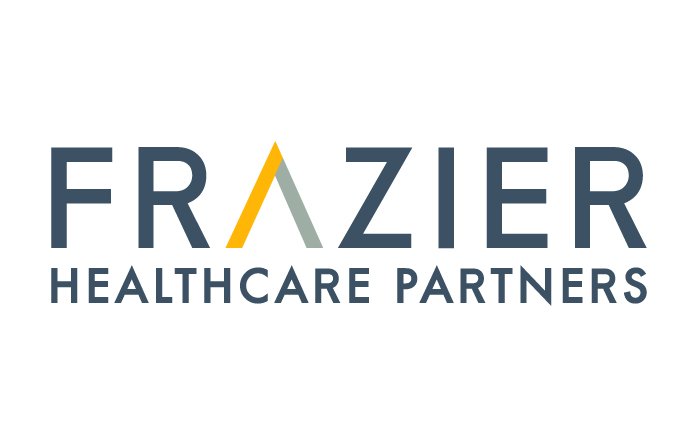By Shelby Smoak, Ph.D.
How are we to reopen our country, our states, our cities, our bleeding disorders community, in this time of great uncertainty? How can we be certain we are doing the right things and doing them the right way?
Ultimately that kind of certainty eludes us. Only time can reveal those answers. But there are other things of which we may be certain, and it is these things upon which we can build confidence in moving forward and reopening.
Let’s look at what we can be certain of in these uncertain times.
We now know far more about COVID-19.
In early March when most of the U.S. went on lockdown and a State of Emergency was declared, fear drove so many things: What is COVID-19? How do you get it? What happens if you catch it? How can you stay safe? While our fear of things – snakes, ledges, fire, deadly viruses – is an inherent survival response and in many cases keeps us alive, we cannot live in a continuous, unending state of heightened fear. Our bodies and our minds cannot endure such constant stress. With many questions answered, our fear has diminished, and our response to navigating life with COVID-19 can be more rational.
COVID-19 is not going to magically disappear in the next few months.
While it was wishful thinking to hope that summer would take care of COVID-19, we know that didn’t happen. Accepting that COVID-19 is still here will help you make choices that are smarter and safer as we move forward with reopening stores and businesses. Assume that COVID-19 is with you in those places, and protect yourself against it.
Social distancing can reduce COVID-19’s spread.
Your proximity to someone who is possibly contagious has an enormous impact on the virus’s ability to infect you.
More space equals less risk. It’s as simple as that. The CDC has continually emphasized that “maintaining 6 feet social distancing remains important to slowing the spread of the virus.”1
Handwashing for 20 seconds can reduce COVID-19 infections.
Handwashing is something everybody can do and it goes a long way toward keeping you safe. For one, soap molecules have been clinically demonstrated to kill the virus by attracting the virus to the soap molecules, dissolving the virus’s protective barrier, and dislodging it from your hands.2 The CDC recommends washing your hands especially when you’ve been in public places, and always before touching your eyes, nose, or mouth – a thing the average person does 23 times an hour – since knowing this is how the virus enters the body.3
Wearing a face mask will reduce the spread of COVID-19.
Although this has been debated and the resistance to mask-wearing has become a hot topic, the certainty is that masks will reduce the risk of exposure. They do this in two ways: first by reducing viral transmission and second by quelling a person’s habit of touching their face. Combined with social distancing, masks provide another layer of defense against COVID-19.
Mitigation strategies like social distancing and mask-wearing will be an individual choice in many situations.
States, businesses, communities, and bleeding disorders organizations are all responding differently to reopening. Although the CDC has issued guidelines to advise these entities on reopening, a uniform message is lacking as is any enforcement. For example, the Virginia Department of Health, where I live, “requires people to wear cloth face coverings when spending time in indoor public settings.”4 However, the Virginia Department of Health does not have a police force, nor is it the responsibility of local police departments to necessarily enforce this. Some Virginia businesses have placed a greeter in the doorway to turn away those not wearing masks, but most do not police their stores either.
In many states there are no face mask requirements, reinforcing even more the individual choice involved in that protective strategy. Ultimately, individuals, business owners, and communities will shoulder the burden of what reopening looks like, and it will differ from person to person, store to store, community to community. Make choices that keep you safe, even if those decisions are not universally adopted in the place where you live.
We will get through this.
This is absolutely certain. Nobody can say what the other side of this looks like, but all can agree we will get there. History and our survival of so many terrible things are our examples here. I will turn to the plague of the 1660s and an author I admire, Samuel Pepys, who kept a diary of his experience of that time. He lived in London when the plague struck in 1665. It is estimated that as many as 1000 people were dying daily in The Great Plague of London – a death toll that is sadly, but eerily equal to the current number of daily deaths in the U.S. due to COVID-19.5
Out of fear, Pepys left London for a cottage in the countryside. While that is a luxury most of us do not have, it certainly highlights the sage advice of social distancing because Pepys survived and returned to London the following year. He found the businesses reopened, church members gathering, and the community filled again with life. London had survived. Life was returned and the city reopened.6
The United States will as well.
CDC. “Recommendations Regarding the Use of Cloth Face Coverings, Especially in Areas of Significant Community-Based Transmission.” 3 Apr 2020. Cdc.gov.
Rigby, Sara. “Coronavirus: Is Hand-Washing Really the Best Thing We Can Do to Stop the Spread of Coronavirus?” Science Focus. 13 Apr. 2020. www.sciencefocus.com.
CDC. “Keeping Hands Clean.” www.cdc.gov.
Virginia Department of Health. “Cloth Face Covers.” 8 June 2020. www.vdh.virginia.gov.
Diamond, Dan. “White House Goes Quiet on Coronavirus as Outbreak Spikes Again Across US.” Politico. 10 June 2020. Politico.com.
Aslet, Clive. “Samuel Pepys’s Merry Plague-Time.” The New Criterion. May 2020. 78-80.
Our entire team is committed to maintaining the health and wellbeing of those we are privileged to serve.
For updated information regarding our response to developments related to COVID-19, a letter from our CEO, and early refill requests, please click here.
Stay healthy, and be well.
We are with you and will get through this together.
Stay informed on the latest trends in healthcare and specialty pharmacy.
Sign up for our monthly e-newsletter, BioMatrix Abstract.
We value your privacy. Review our Privacy Policy here.





